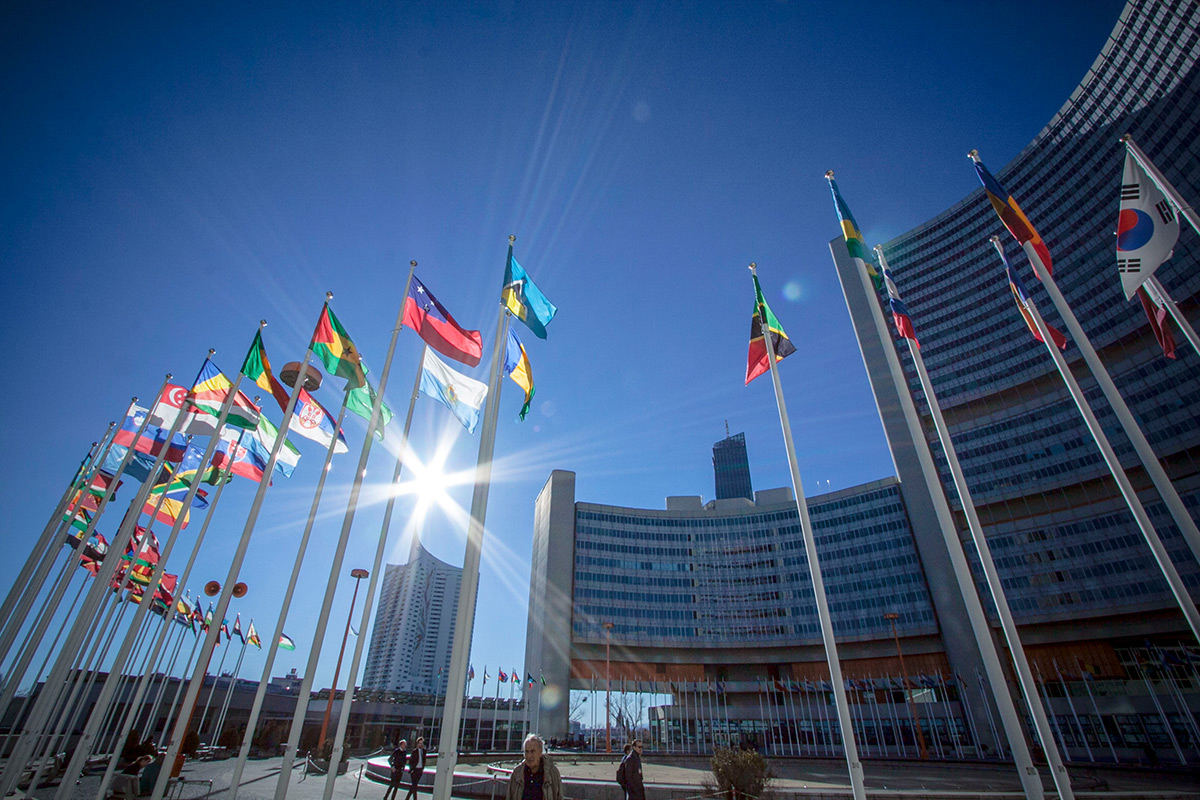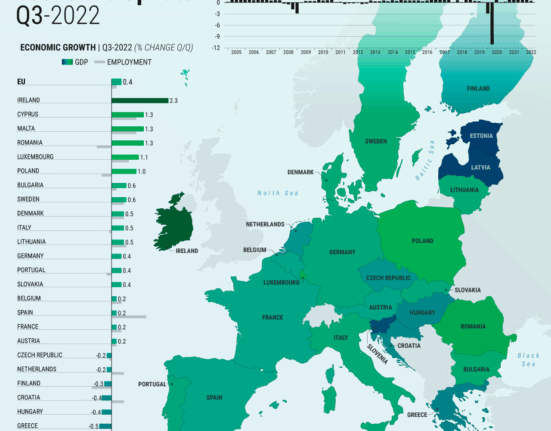The interplay between religion and espionage adds a unique layer to Russia’s global influence. The Russian Orthodox Church serves as more than just a place of worship; it becomes a nexus where faith intertwines with political agendas, creating opportunities for covert activities.
Amidst the backdrop of escalating tensions in regions such as Armenia and Ukraine, Russia’s utilization of its churches abroad raises eyebrows and prompts questions about the intersection of faith, power, and intelligence.
Experts suggest that these unconventional tactics offer Russia a cloak of legitimacy and cultural affinity when operating in foreign territories. By operating under the guise of religious outreach or humanitarian efforts, intelligence operatives can navigate sensitive geopolitical landscapes with relative ease.
One analyst remarked on this intricate web of connections, stating,
“Russia’s use of churches abroad blurs the lines between soft power projection and covert operations. It allows them to establish deep-rooted networks under the guise of religious diplomacy.”
As Russia consolidates its military presence in regions like Armenia and Ukraine, observers are keenly watching how these unorthodox intelligence operations unfold. The fusion of faith-based institutions with geopolitical strategies presents a complex picture that challenges traditional notions of statecraft.
In the realm of international relations, every move is calculated – every alliance forged or exploited for strategic advantage. The convergence of religious institutions with intelligence objectives underscores the multifaceted nature of modern warfare, where information is as potent a weapon as any firearm or missile.
The narratives playing out within the walls of Russian churches abroad hold secrets that extend far beyond spiritual matters. They embody a sophisticated dance between belief systems and national interests, where prayers may be intertwined with political machinations in ways unseen to the casual observer.
While headlines scream about military build-ups and territorial disputes, it is within the quieter confines of churches scattered across foreign lands that another form of power play unfolds—a game where faith becomes both shield and sword in the arena of global politics.









Leave feedback about this